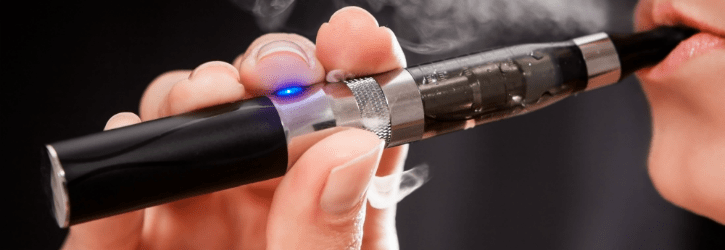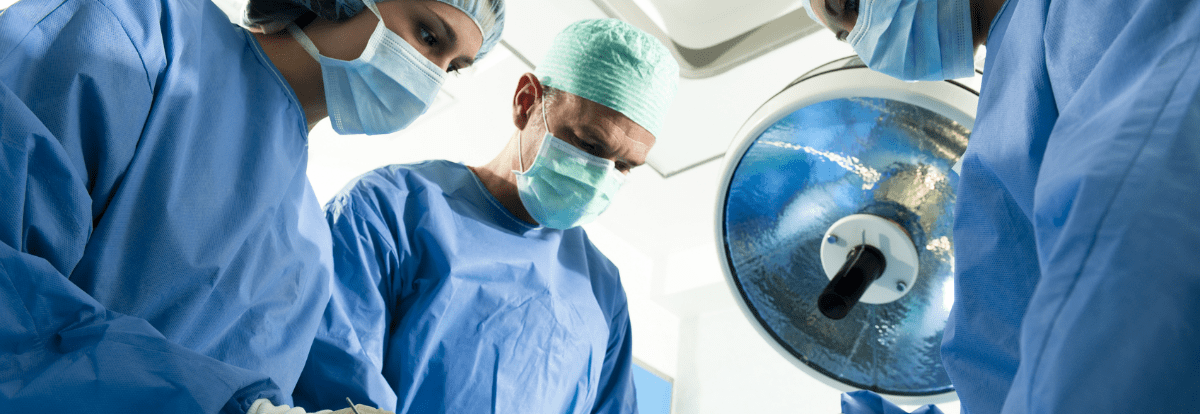
30-year-old woman killed by J and J talc
A 30-year-old woman was killed by J and J talc, according to one of the many legal cases being pursued against pharmaceutical giant, Johnson and Johnson.
Legal representatives for the woman at the centre of the case, who was reportedly a lawyer herself, say that she was killed by J and J talc powder because she was exposed to asbestos that had been contaminated with the talcum powder.
The victim reportedly developed the deadly and aggressive mesothelioma which was argued to have been caused by her use of Johnson and Johnson’s baby powder.

Diabetes testing kit recall
News of a diabetes testing kit recall is said to be “urgent” amid fears of lives at risk over false readings.
The Accu-Chek Aviva and the Accu-Chek Performa are the diabetes testing kits being recalled that could lead to an overdose or an under-dose of insulin that can lead to serious health complications for users.
Advice to patients is to stop using the affected devices and return them to a pharmacy for a replacement.

Another J and J talc cancer compensation victory
There has been yet another J & J talc cancer compensation victory which has seen a damages claim settle for some £3m. The Judge in the case reportedly ruled that J & J must pay the victim £3m in punitive damages over asbestos in its talcum powder products.
Pharmaceutical giant Johnson & Johnson (J & J) and their supplier have been hit with a wave of cases where victims are claiming that their asbestos-related cancer is being caused as a direct result of their talc powder products. Although J & J and their supplier refute the claims, there have been a number of settlements to date.

J & J subsidiary companied sued for breast implants causing cancer
A J & J subsidiary companied is reportedly being sued for breast implants causing cancer. According to the legal case, a Johnson & Johnson subsidiary company who has manufactured breast implants for some 5 million women has left at least one woman with breast cancer.
It’s alleged that the Claimant developed breast implant-associated anaplastic large-cell lymphoma, which is a rare form of T-cell lymphoma. She alleges that the cause of her cancer stems from being fitted with MemoryGel Siltex breast implants that are manufactured by Mentor Worldwide LLC; a subsidiary company of J & J.
Another J & J talcum powder asbestos cancer Claimant awarded damages
Another J & J talcum powder asbestos cancer Claimant has been awarded damages in the sum of over £15m.
The case is one of many that has run to trial, and there are thousands of Claimants who have reportedly lodged claims against pharmaceutical giants, Johnson & Johnson, on the basis that they have asbestos-induced mesothelioma caused by their talc products.
So far, millions of pounds have been awarded for J & J talc claimants, although the manufacturer and their supplier – both of whom are under fire in some of the legal cases – deny that their products are harmful.

EpiPen failures not to be ignored
Recent data surrounding reported EpiPen failures should not be ignored. Data reviewed has found that, in the last few years, there has been hundreds of reports of EpiePen failures that have led to a number of hospitalisations, and potentially some deaths.
One issue reported after a failed delivery from an EpiPen was the needle sticking out of the device at an angle, preventing delivery of lifesaving adrenaline that can stop an allergic reaction from killing someone.
Given the importance of lifesaving devices, these reported EpiPen failures cannot be ignored.
J & J and its supplier challenge evidence in talcum powder cancer case
J & J and its supplier are set to still challenge evidence in a talcum powder cancer case where a verdict has already been reached to the tune of $117m in damages in the Claimant’s favour.
Reportedly, pharmaceutical giant J & J and its supplier of the talcum powder that’s at the centre of the cancer cases against them are trying to argue that the Claimant failed to prove that his mesothelioma was caused by the talc product.
The $117m damages award in this monumental legal battle is one of many verdicts that have paved the way for J & J paying millions to victims who claim their cancer was caused by its talcum powder product.

Calls for UK inquiry into sodium valproate epilepsy drug
There are calls for a UK inquiry into the sodium valproate epilepsy drug that has been linked to birth defects and developmental issues in children.
It’s also understood that UK health professionals were warned about the dangers of people using sodium valproate epilepsy drugs, but little seems to have been done – especially in the past – to ensure users were informed of the risks and were able to make decisions as to the use of the drug.
There are also questions over whether the drug should be classed as safe at all, and the HSE is reportedly looking at the issue. We may see a UK inquiry into the side-effects soon.

Volkswagen issue warnings not to use rear seats over seatbelt buckle design flaw
Volkswagen has issued warnings not to use rear seats over a seatbelt buckle design flaw that can lead to seatbelt buckles coming open when vehicles change lanes at high-speeds.
Independent testing of three models – the Volkswagen Polo, SEAT Arona and SEAT Ibiza – identified the problem that has led to the German automotive giant finding themselves in yet another costly crisis as they continue to pay billions of pounds over their 2015 “dieselgate” scandal that our Group Acton Lawyers are fighting for justice for.
This latest problem is one in a long line of scandals and crises VW has been facing in recent years.

More research required over the dangers of e-cigarettes
More research is required over the potential dangers of e-cigarettes, regulators say.
Although manufacturers can apply for product licensing through the UK’s MHRA (Medicines and Healthcare products Regulatory Agency), no licensed e-cigarettes are reportedly being marketed.
It’s the long-term health effects that remain the biggest unknown. The government regulators have identified that, still, further research into e-cig use is needed to be able to have a clearer understanding as to the risks and / or the potential benefits when compared to traditional smoking.

Apple allegedly concealed iPhone battery issues
Apple allegedly concealed iPhone battery issues, according to court papers filed in a group action lawsuit against the tech-giant.
It’s alleged that Apple failed – or neglected – to inform owners that there was a fault with the iPhone 6 model battery, and that it could be resolved with a new battery as opposed to a new handset.
With the likes of Samsung being sued for exploding batteries, and Apple having already admitted that older handsets slowdown with software updates, this latest battery scandal is one in a long line of issues people seem to be having with today’s modern mobile technology.

Group Action Lawyers contacted for help after NHS Breast Cancer Screening Scandal
The Group Action Lawyers have been contacted for help after the news broke about the NHS Breast Cancer Screening Scandal. Individuals who did not receive their invitation for breast cancer screening and have since developed breast cancer, or families of patients who have passed away because the patient was not offered screening, may be entitled to take legal action.
A computer glitch has been blamed for the error that resulted in some 450,000 women aged between 68 and 71 reportedly not receiving their invitation for breast cancer screening because a computer program is said to have had the cut-off age at 70 by mistake. What’s worse is that it has taken nine years for the problem to be identified, with the glitch occurring sometime in 2009.